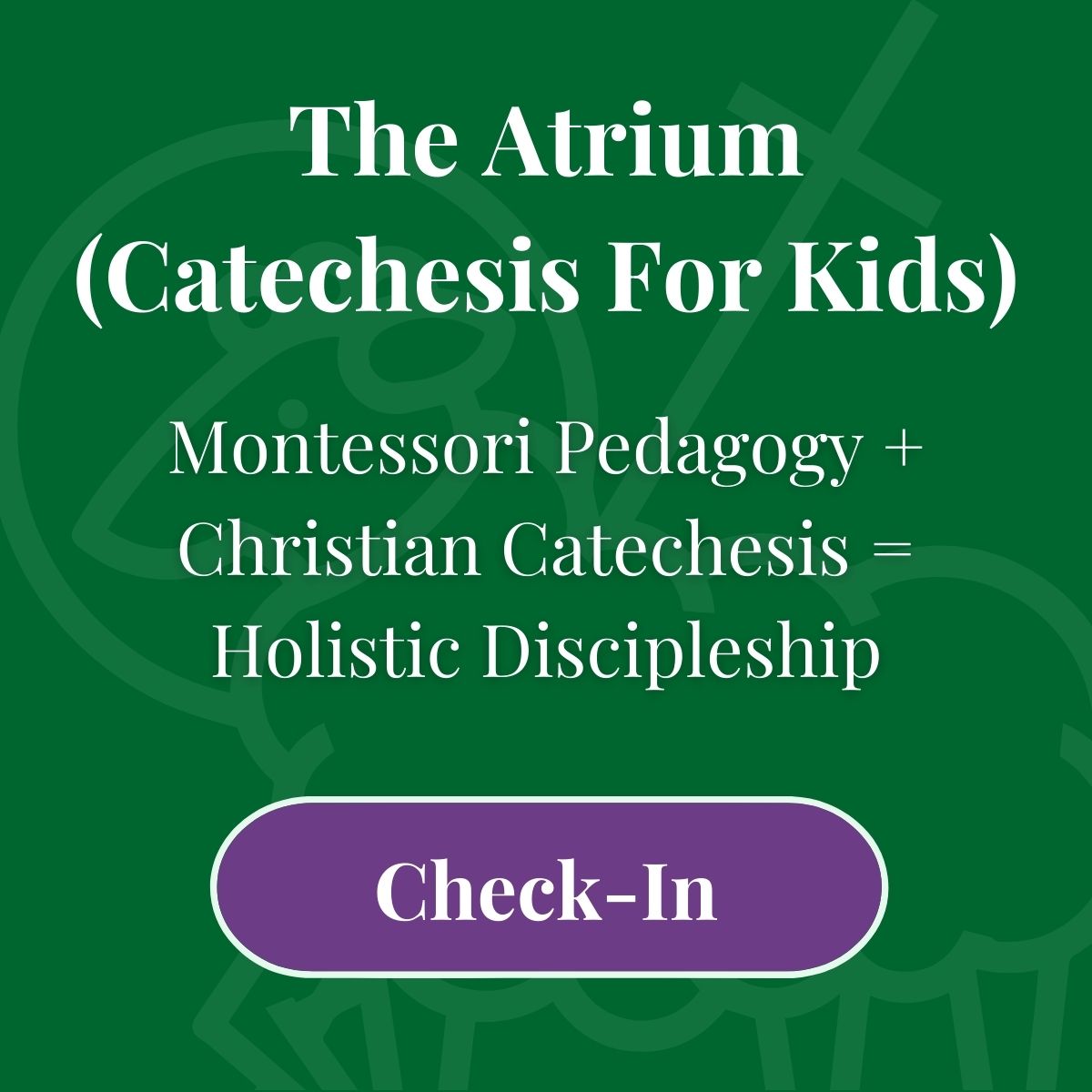Welcome To All Saints
Whether you are visiting, new to the community, or searching for a church home, you will find All Saints to be an engaging congregation that loves to worship God in the Anglican tradition. We invite you to join us as we meet with our Lord Jesus in Word, Sacrament, and transcendent Worship. (Our rector, Father Isaac Rehberg)
The Anglican Way
Ancient Faith
We hold to the same faith, practice, and doctrine that nourished the earliest Christians.
Transcendent Worship
We worship according to the ancient rhythms and liturgical patterns of the historic Church.
Classical Formation
We form disciples holistically in community through practice of timeless spiritual disciplines.
Join Us As We Worship Our King
Worship Schedule
11122 Link Drive, San Antonio, TX 78213
Sunday
Holy Communion ✝ 9:00 AM
The Atrium (Kids) ✝ 9:00 AM
Adult Catechesis ✝ 10:30 AM
Holy Communion (Choral) ✝ 11:15 AM
Wednesday
The Atrium (Kids) ✝ 9:15 AM
Matins (Morning Prayer) ✝ 9:30 AM
Evensong (Evening Prayer) ✝ 6:00 PM

Click for more info







Preparation by the Word: A Homily for the 2nd Sunday in Advent
Texts: Romans 15:4-13, Luke 21:25-33
With many thanks to the turn-of-the-20th-century lectionary work of Melville Scott
With many thanks to the turn-of-the-20th-century lectionary work of Melville Scott
From the 11:15 Service on 12/07/2025
The Old Testament Wisdom Literature: Lesson 2.1 - Introduction to the Psalms
We introduce the book of psalms, discussing Hebrew Poetry in general, the organization of the Psalter, and how to get the most out of the Psalms.
From Christian Education on 11/30/2025

The Duty of Preparation: A Homily for the First Sunday in Advent
Texts: Romans 13, Matthew 21, with much appreciation to the work of turn-of-the-20th century English priest, Melville Scott, on the Lectionary.
From the 11:15 service on 11/30/2025

The Old Testament Wisdom Literature
A Discussion of the Books of Job, Psalms, Proverbs, Ecclesiastes, and Song of Songs
Our Current Christian Education Series
The Sending Parish
An Interview about All Saints and our Daughter Church, St. Benedict Anglican Church
From our Diocesan Podcast, "Together on Mission"
Connect
11122 Link Drive
San Antonio, TX 78213
210-975-3234
Explore
Find
Copyright © 2025 | Powered by  churchtrac
churchtrac


